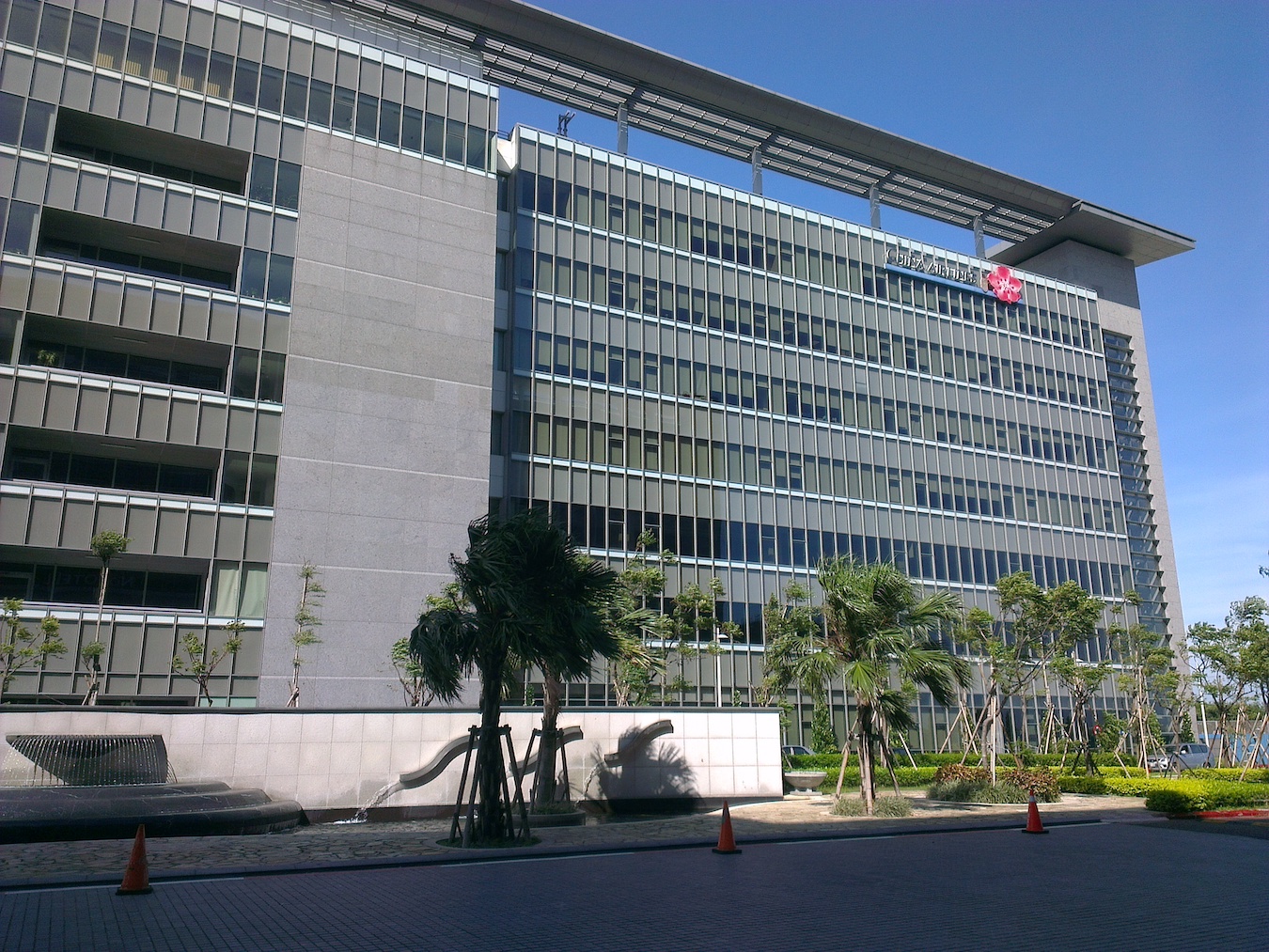by Brian Hioe
語言:
English
Photo Credit: WikiCommons/CC
CHINA AIRLINES’ labor union reached a deal with management for year-end bonuses to consist of six months’ wages last month. This was a historic high for year-end bonuses distributed by China Airlines in the company’s 62-year history.
In particular, the company cited profits from its cargo division as allowing for the bonus. China Airlines will also increase wages by four percent, in line with wage increases for public servants, teachers, police, and members of the military.
Namely, China Airlines’ majority owner is the Taiwanese government, and it is the national carrier for Taiwan. As a result, workers can be seen as demanding equal treatment, in line with public sector workers. Despite that China Airlines is ostensibly a private company, the argument then is that China Airlines workers should be treated as though they were public sector workers and receive equal benefits.
It has been more common for companies to justify cutting year-end bonuses using the pretext of COVID-19. In a similar timeframe, for example, a Taiwanese-owned shoe manufacturer in Vietnam provoked a labor strike of some 14,000 workers because of attempts to cut their Tet bonuses, Tet being the Vietnamese Lunar New Year commemoration.
The airline industry has been particularly heavy hit, due to the difficulties of travel as a result of the COVID-19 pandemic. This led China Airlines to lose 2.02 billion NT in the first three quarters of 2020. Nevertheless, profits from China Airlines’ cargo industry still saw a cumulative net profit of 1.55 billion NT this year.
 China Airlines headquarters. Photo credit: watson88/WikiCommons/CC
China Airlines headquarters. Photo credit: watson88/WikiCommons/CC
Some news reports suggest that other airlines have not been as munificent as China Airlines. For example, EVA Air, Taiwan’s other major air carrier, reportedly only plans on distributing year-end bonuses of 1.5 months’ wages. EVA did not respond to media queries about whether this was the case, though some have noted that compared to China Airlines’ 21 cargo planes, EVA only has seven cargo planes.
At the same time, it would be mistaken to see the year-end bonuses as the result of corporate generosity. Namely, China Airlines has seen a series of protests by airport workers since the historic strike by flight attendants in June 2016. The strike was the first in Taiwan’s airline industry and paved the way for strikes by other China Airlines workers, such as pilots, who struck in February 2019.
Likewise, the strike led to increased labor organizing in other airlines, such as EVA Air. Among other actions, EVA Air flight attendants launched a sit-in in January 2018 and struck in June 2019. In the immediate aftermath of the China Airlines strike, one also saw an uptick i labor organizing in the transportation industry in Taiwan. Given the importance of the transportation industry in Taiwan, this often leads labor organizers and unions to try and appeal to the central government to intercede In labor strikes.
In this way, the year-end bonuses awarded to China Airlines workers should be seen as a result of their continued labor organizing in the years since the 2016 China Airlines’ flight attendant strike. It is thanks to labor militancy that this could take place, rather than the management generously deciding to reward workers.
Likewise, even as the economic impact of COVID-19 is used to justify cutting salaries and bonuses for workers, one notes that COVID-19 has resulted in airline workers having to face unprecedented working conditions. This includes long quarantine periods and frequent testing, something that has resulted in a strain on mental health, with airline workers having to spend long periods of time away from friends and family.
Given this, airline workers have called for more rest periods between long-haul flights, citing the effects on their health. In particular, China Airlines workers sought to draw attention to this as an issue after the death of a pilot while in quarantine in October 2021. This took place following periods in which pilots were either working or in quarantine for as much as 44 consecutive days. Indeed, organizers cited past instances in which pilots were made to work 63 hours over twelve days, despite the obvious fact that overworking pilots proves dangerous for air safety.
This is all the more so under conditions as globally disruptive as COVID-19. If anything, workers deserve to be compensated all the more for working during this time, but the response of many company managements has instead been to cut wages and try to enforce austerity measures.

